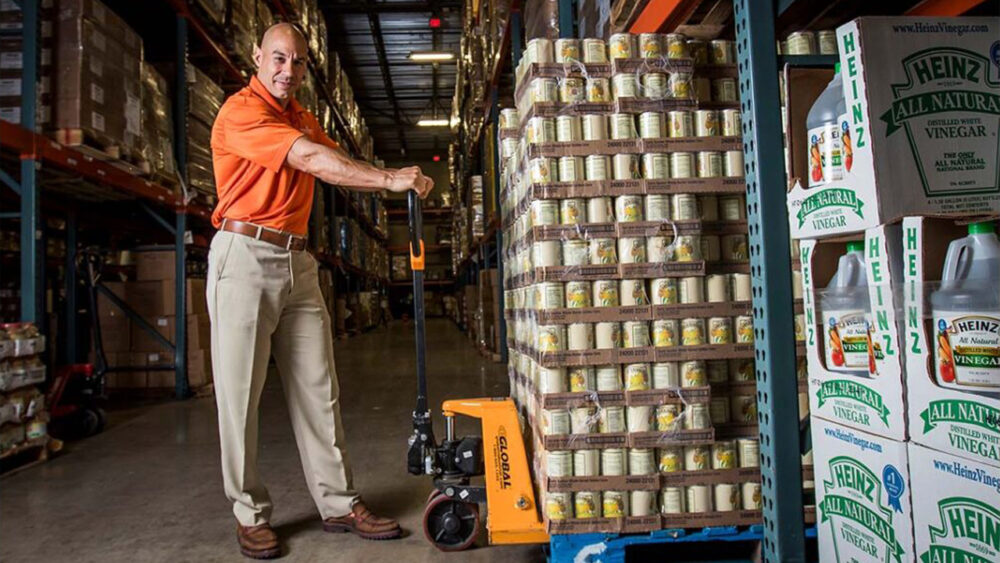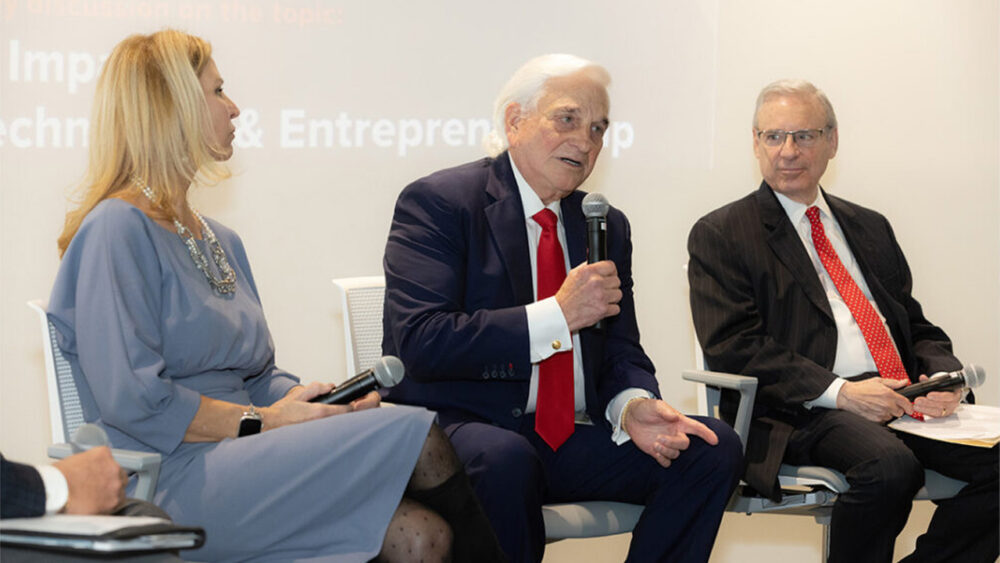The nonprofit organization faces a $500,000 deficit in purchased food to adequately support individuals facing food insecurity and hunger.
Feeding South Florida’s Need for Food Assistance Reaches Record High


The nonprofit organization faces a $500,000 deficit in purchased food to adequately support individuals facing food insecurity and hunger.

Neon Flux has established itself as a top-performing player in incubating and accelerating digital brands.

Brightland FTL Owner, LLC is an affiliate of OceanLand Investments, Inc, a real estate investment firm.

Adriana Hoyos offers insights into her work at the 24-story condominium project.

Soon, it will be even easier to stay at top resorts like Oil Nut Bay and Little Dix Bay

The president and CEO is named chairman of the board of the 21-year-old Miami bank

“What we determined by research is that Miami-Dade and Broward County have the largest number of startups, every single year, of any region in the country.”

The week-long celebration will feature three unique runways, including a 90-foot runway in Fontainebleau’s renowned Theatre.

The tri-county area has no shortage of waterfront venues to enjoy, so we’ve narrowed down some options.

International travel is expected to trounce domestic travel this summer, but U.S. cities and beaches should do okay. Hello, Miami!